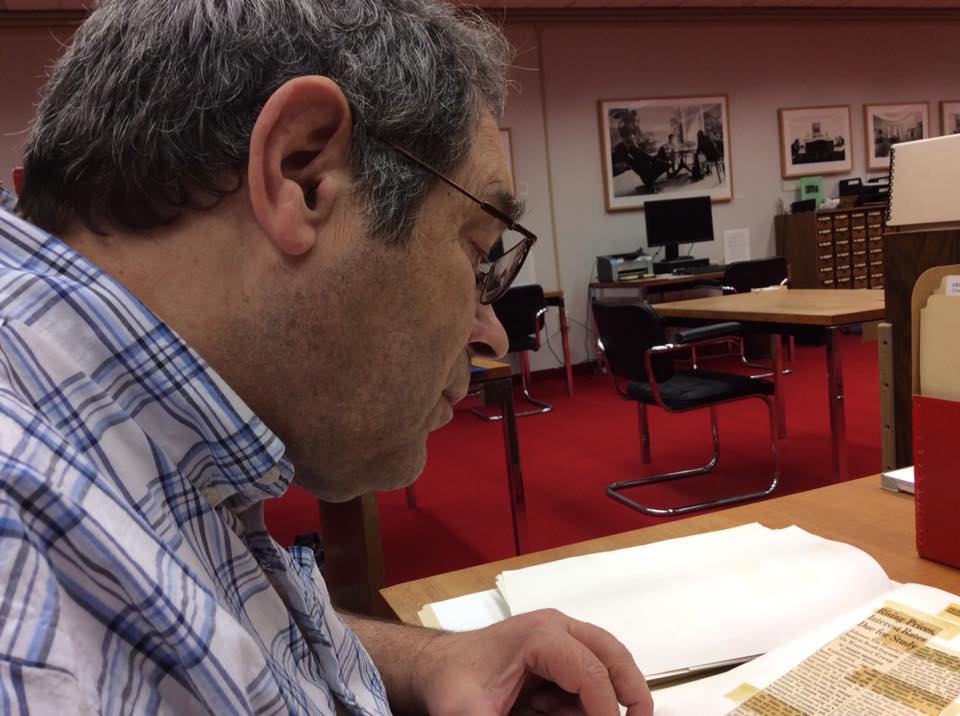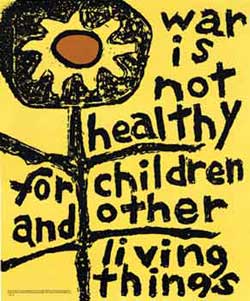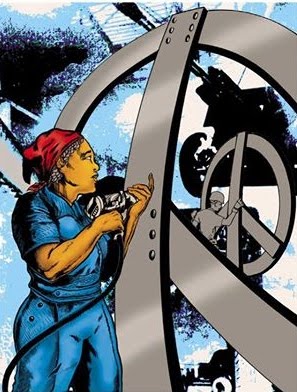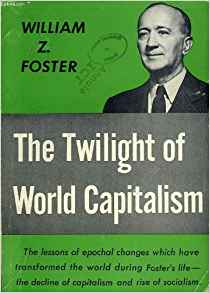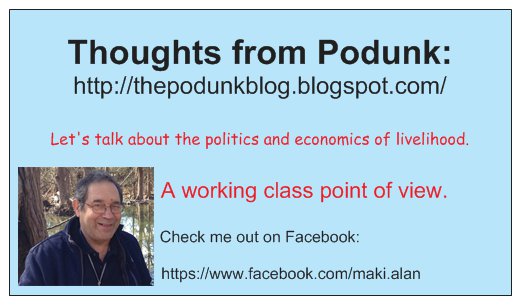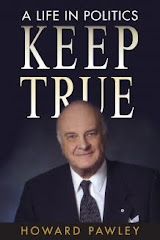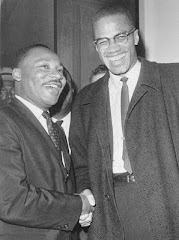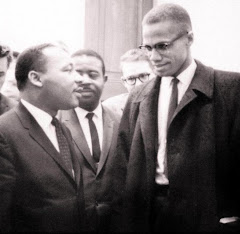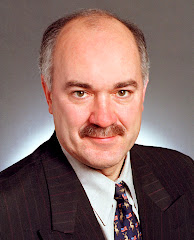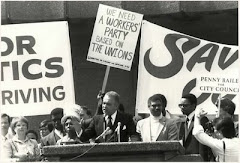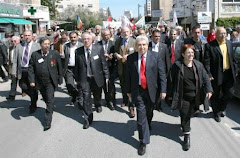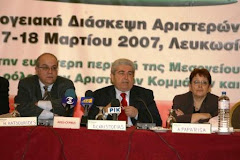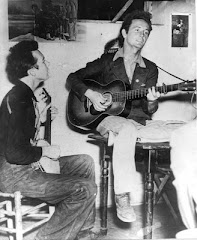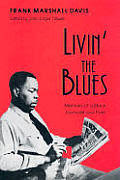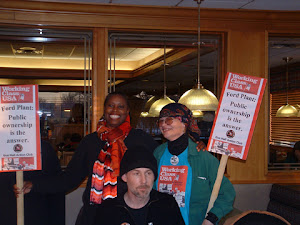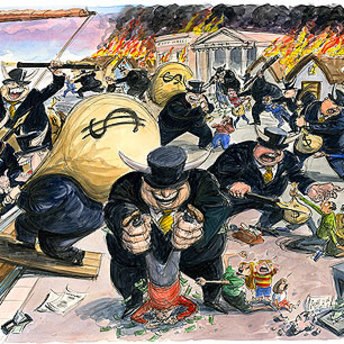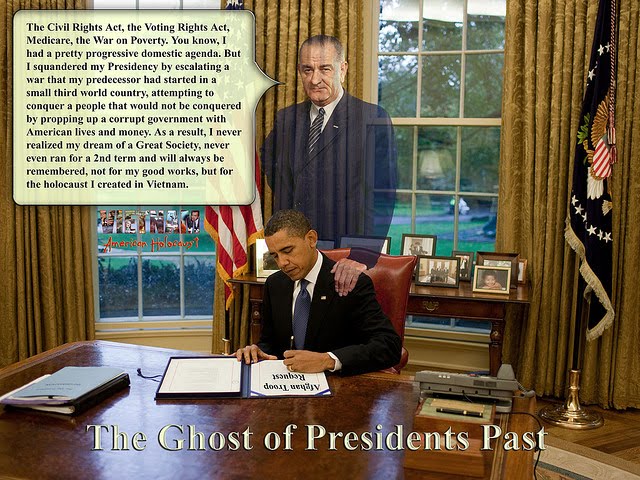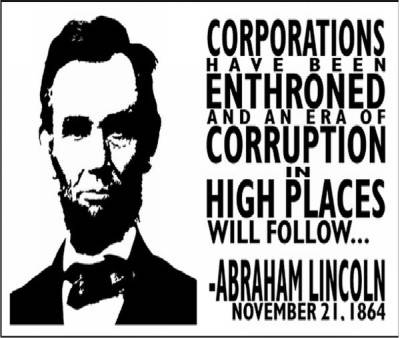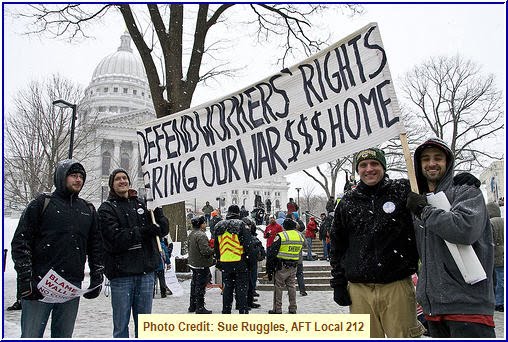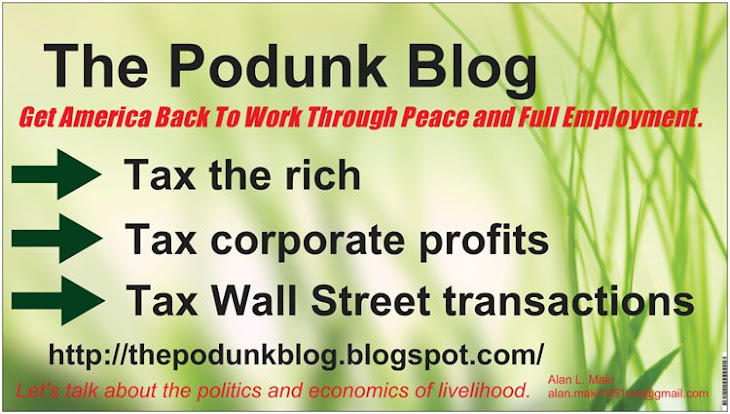"The official rate also doesn't include "marginally attached workers," or people who have looked for work in the past year but stopped searching in the past month because of barriers to employment such as child care, poor health or lack of transportation."
Note the:
"...barriers to employment such as child care, poor health or lack of transportation."
This should give progressives a clue to what universal public programs we should be launching struggles for--- public child care, public health care and expanded public transportation.
What we need to fight for is public systems of child care, health care and transportation because the "free market" has failed just as miserably in these areas as the capitalist system itself has failed.
We must not allow Obama and the Democrats to pull us down the road which insinuates that the "free market" can solve these problems because capitalism can't solve these problems... only expanded public systems can.
We must insist that financing for these public programs comes from slashing the war and military budget and creating huge new taxes on corporations and all stock and bond transactions.
The battle for public child care, health care and transportation programs is part of the struggle for socialism and we shouldn't be shy about advocating programs the Democrats and Republicans will attack as being "socialist;" let Shawn Hannity and Rush Limbaugh cry... the louder they cry the better.
Unemployment is driving down our standard of living and killing working people.
To suggest as this article does that there might be a "silver lining" with hundreds of thousands of workers now becoming part-time workers is ridiculous because all that this means is that working people will have more jobs not providing living incomes.
The real "silver lining" is to be found in creating public child care, public health care and greatly expanding public transportation... finding solutions to these problems will create a full-employment economy--- good jobs at real living wages.
I just got through traveling through Minnesota, Wisconsin and Michigan.
Ladysmith, Wisconsin boasts the highest unemployment rate in the state and unemployment is tearing this community apart just as Michigan is being torn asunder by unemployment which has led to massive home foreclosures and families being evicted. Ironically, Michigan boasts the highest gas prices of the three states, too.
I found people in all three states to be thoroughly fed up with the entire situation while there is an almost complete lack of any attempts in building movements of the type of the 1930's which won the New Deal reforms taking place to confront these problems.
I also found people becoming thoroughly disillusioned with Barack Obama and the Democrats.
The left is going to have to take the initiative to bring forward a real progressive agenda for people to unite around and the core of this agenda should include the demands for public health care, public child care and vastly expanding the system of public transportation.
In all areas--- health care, child care and public transportation--- we need to be thinking in terms of universal programs--- everyone in, no one--- except the profiteers--- out.
Creating a full employment economy will solve all problems related to Social Security.
Something to think about and discuss around the dinner table.
Check out the article below... a rare honesty in presenting the facts we seldom get from the mainstream media.
Alan L. Maki
Temp work helps mask joblessness among Americans
Link: http://news.yahoo.com/s/ap/us_becoming_a_statistic
By FRANK BASS, Associated Press Writer Frank Bass, Associated Press Writer
TOWNSHEND, Vt. – For weeks, Greg Noel roamed the spine of the Green Mountains with a handheld GPS unit, walking dirt roads and chatting with people as he helped create a map of every housing unit in the United States.
Work was good: The sun was out, the snow was gone and the blackflies hadn't begun to hatch. But now that work is over and Noel, 60, and more than 60,000 other Americans hired in April to help with the 2010 census are out of work once more.
It's a familiar predicament in today's economy, in which some 2 million people searching for full-time work have had to settle for less, and unemployment is much higher than the official rate when all the Americans who gave up looking for jobs are counted, too.
Because of the surge of hiring for the census, April unemployment only rose to 8.9 percent — a much slower increase than had been feared. Figures out today show unemployment now stands at 9.4 percent.
But consider these numbers:
_The 9.4 percent May unemployment rate is based on 14.5 million Americans out of work. But that number doesn't include discouraged workers, people who gave up looking for work after four weeks. Add those 792,000 people, and the unemployment rate is 9.8 percent.
_The official rate also doesn't include "marginally attached workers," or people who have looked for work in the past year but stopped searching in the past month because of barriers to employment such as child care, poor health or lack of transportation. Add those 1.4 million people, and the unemployment rate would be 10.6 percent.
_The official rate also doesn't include "involuntary part-time workers," or the 2.2 million people like Noel who took a part-time job because that's all they could get, plus those whose work hours dropped below the full-time level. Once those 9.1 million workers are added to the unemployment mix, the rate would be 16.4 percent.
All told, nearly 25 million Americans were either unemployed, underemployed or had given up looking for a job in May.
The ranks of involuntary part-timers has increased by 4.9 million in the past year, according to a May study by the Federal Reserve Bank of Cleveland. Many economists now predict unemployment won't peak until 2010. And since employers generally increase the hours of existing workers before hiring new ones, workers could be looking for full-time jobs for some time.
Even so, one economist said the increase in involuntary part-timers might have a silver lining. Gary Burtless, a senior fellow in economic studies at the Brookings Institute, said employers are likely cutting back everyone's hours instead of laying off people.
"In many countries, it's regarded as a good thing," he said.
For tens of thousands of people like Noel, a part-time job isn't their dream, but it beats the alternative. A Pennsylvania native and veteran of the Silicon Valley boom-and-bust cycle, Noel settled in southern Vermont in 2003. He'd worked a series of jobs, commuting to his latest position as an auditor for a family owned food and beverage distributor in Brattleboro before being laid off in early spring.
Vermont is in better shape than most states — but not by much. Real estate and tourism, pillars of the state's economy over the past decade, are staggering.
Many parents who were frantic last year about sons and daughters serving in Iraq and Afghanistan — the state has sent a disproportionate share of its young people overseas — now are relieved their children have a steady job with benefits. Financial jobs are few. "The economy?" Noel asks between bites of a bison burger in a tiny diner. "You just don't know if it's ever going to come back. We may never have it so good again."
When the Census Bureau offered him a part-time job mapping houses nearly an hour from his Windham home, Noel jumped at it. The money, $10 to $25 an hour plus 55 cents per mile, was a big factor. But Noel said he also wanted to be part of a larger community effort, and the 2010 census is nothing if not a large community effort.
When the first numbers are released in December 2010, the Census Bureau will have spent more than $11 billion and hired about 1.2 million temporary employees. The government conducts its census every decade to determine the number of congressional seats assigned to each state, but the figures collected also help the government decide where to spend billions of dollars for the poor and disabled, where to build new schools and prisons and how state legislative boundaries should be designed.
It hasn't been the perfect job — that would be a full-time position with benefits — but Noel says the census job worked out well. It eased the pain of being unemployed, giving him something to do and made him realize his entire life doesn't have to be about financial management.
"It's just statistics," said Noel, "but it's important."
But last week, he was unemployed again, a victim of the Census Bureau's efficiency. Since the government was able to draw from a well-qualified but mostly out-of-work pool of applicants, the work done by more than 140,000 field employees went far more quickly than expected.
"We've always done well, but this time around was amazing," said Stephen L. Buckner, a Census Bureau spokesman. "It's a tough economic time."
For some temporary workers, the outlook is brighter. Ian Gunn spent five weeks "being paid to hike. It was great." Gunn, an 18-year-old high school senior heading to Renssalaer Polytechnic Institute next year to study computer science, hopes for a better economy when he graduates, one that offers more security than a series of part-time jobs.
"It's going to take time," he said, "but I've got four more years."
Noel, though, is uncertain about the future. It's possible he'll be called back to work later in the fall for the final push. The Census Bureau expects to send roughly 1.2 million workers out to count people who don't return their questionnaires; the hiring will push down unemployment numbers for several months during that period.
For now, Noel says, he and his wife are living without frills. He looks for another job and she runs Green Mountain Chef, a catering business near Stratton Mountain. Demand has slowed dramatically since the economic meltdown began, as it has for most tourism-dependent businesses in Vermont.
Noel hopes to avoid being a statistic for too long. Unemployment insurance will give him about $425 a week — enough to pay the mortgage and maybe the health insurance bill. Right now, the couple pays about $280 a month, but that will climb to $850 in September, when his government-subsidized COBRA policy expires.
"I hope something comes up," he says. "But there's not an awful lot out there."

